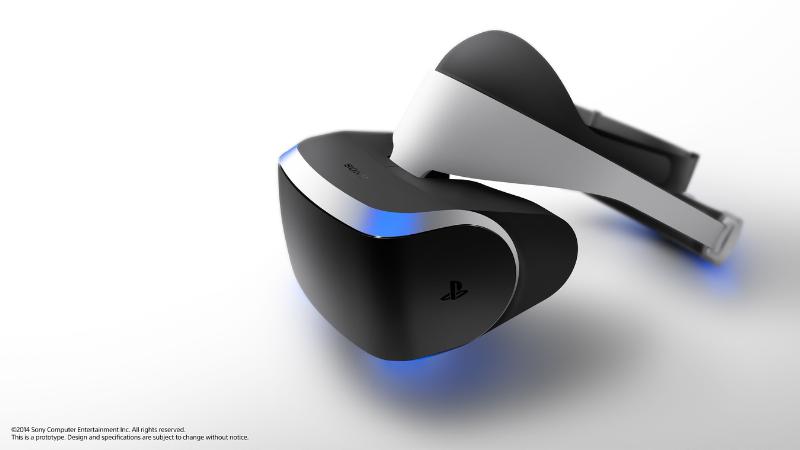85% of PS4 VR Headset Work Is Done, Sony Says
Shuhei Yoshida adds that many of the components used in Project Morpheus are from smartphones, which should keep pricing down.

Sony has completed 85 percent of the work necessary to release the consumer model of its PlayStation 4 virtual reality headset, Project Morpheus. PlayStation executive Shuhei Yoshida revealed the estimate to The Wall Street Journal at the Tokyo Game Show this week.
He wouldn't say when Morpheus will launch or what it will cost, but he did add that many of the device's components are also used in smartphones. This should help keep the product's cost down, which is something we already know Sony is intent on doing.
Yoshida did not say what the remaining 15 percent of Morpheus development will require. However, just last month, Yoshida said about the hardware itself, "there are many areas we can improve on to bring it to an even higher level." He also said previously that Sony will not release Morpheus--still a working title for the headset--until there is a sufficient software lineup in place.
The Oculus Rift device currently sells for $350, though that is for a version of the product for developers, not consumers. For its part, Oculus VR has said previously that it wants to ship the consumer version of Oculus Rift by the end of the next year, with final pricing coming in between $200 and $400. It's even possible that a beta for the consumer model could be released as early as next summer.
Going back to Morpheus, Yoshida mentioned that while the "initial target" for Morpheus will be PS4 owners, Sony sees VR overall as a technology that could have broad applications, in markets outside of games. This broad appeal could in turn lead to a rise in PS4 sales.
"We are hoping that once we introduce Project Morpheus to the market, the attractiveness of PS4 will increase and the PS4 could be received by many more people who are not necessarily core gamers," Yoshida said.
VR has the potential to impact major markets such as education. As Oculus Rift creator Palmer Luckey says, VR devices could help schools with limited budgets take their students on virtual field trips to faraway places, or even places locked in time. VR could also let you virtually attend a concert or sports game, or even help surgeons prepare for an operation.
Eddie Makuch is a news editor at GameSpot, and you can follow him on Twitter @EddieMakuch
Got a news tip or want to contact us directly? Email news@gamespot.com
Join the conversation